Blinded Studies
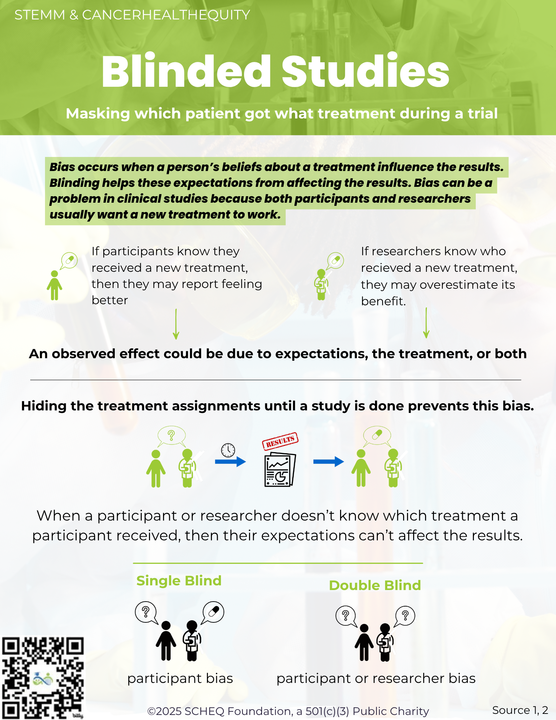
Endometrial Cancer
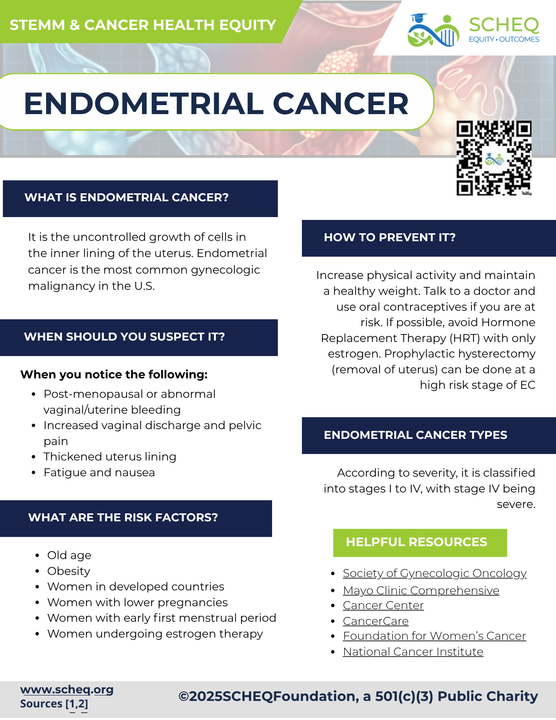
Pancreatic Cancer in Elderly Population
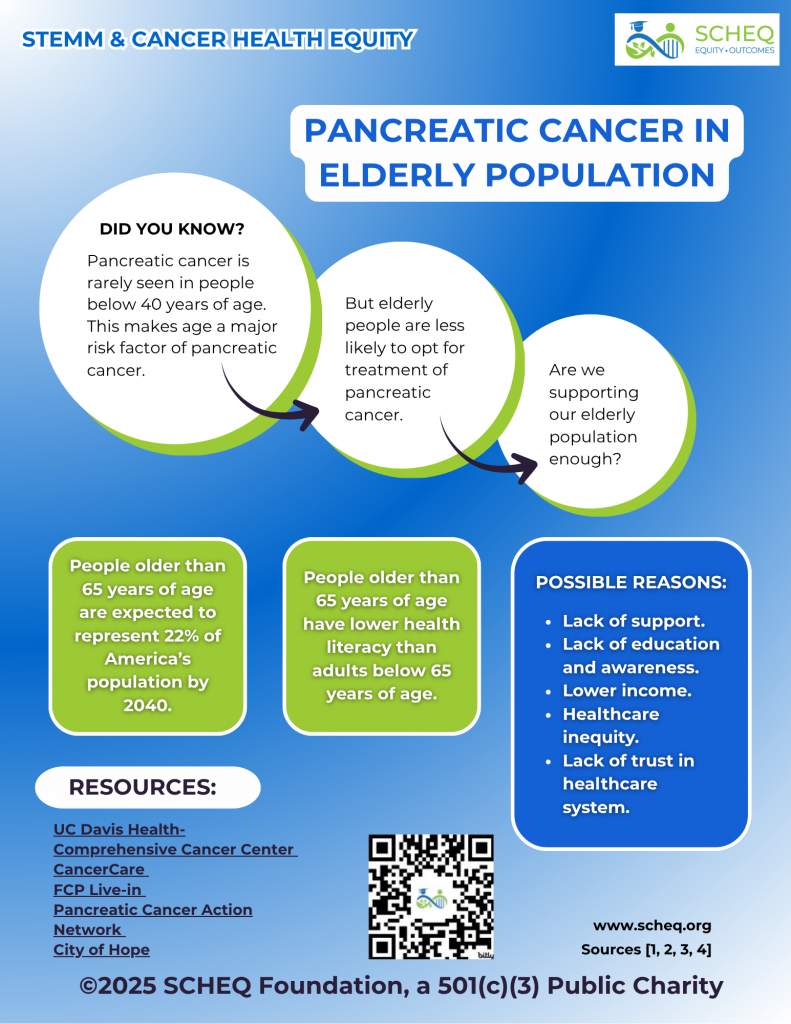
Discover how pancreatic cancer affects the elderly population and why older adults are less likely to seek treatment. This infographic by SCHEQ explores key risk factors, healthcare inequities, and the urgent need to improve support and health literacy for seniors facing pancreatic cancer.
Pancreatic Cancer
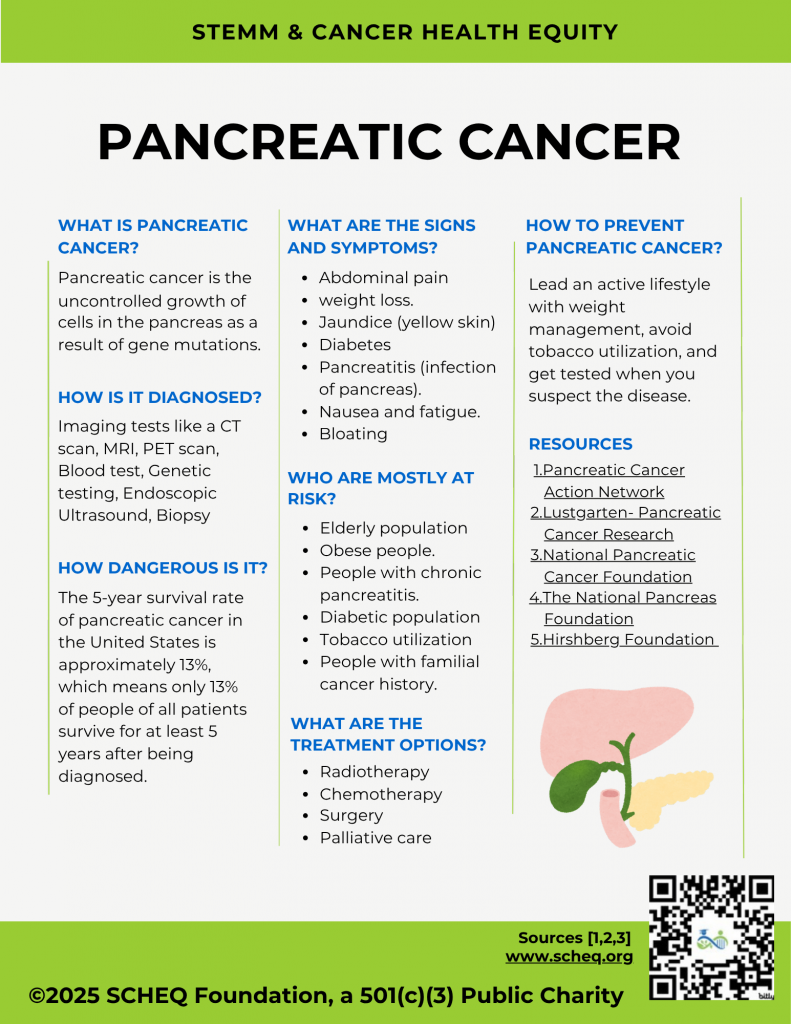
This infographic from the SCHEQ Foundation provides an overview of pancreatic cancer, including its causes, symptoms, diagnosis, risk factors, and treatment options. It highlights the seriousness of the disease (with only a 13% five-year survival rate) and offers prevention tips focused on healthy lifestyle choices. The infographic also lists reputable resources for further information and support.
Idelisa Bonnelly, MS
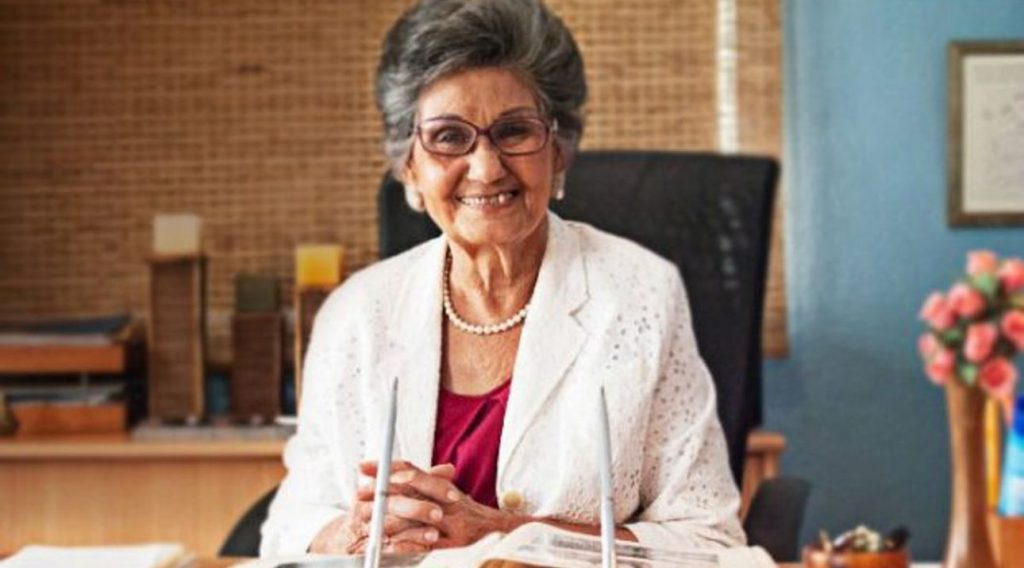
Idelisa Bonnelly (September 10, 1931 – July 3, 2025) was born Santiago de los Caballeros, Dominican Republic. She went on to be known as the Mother of Marine Biology in the Caribbean. Bonnelly turned her love of the ocean into a career in Marine Biology, which she started in the US since the Dominican Republic […]
Josefa Toledo de Aguerri, MD

Dr. Josefa Emilia Toledo Murillo or Josefa Toledo de Aguerri (April 21, 1866 – April 27, 1962) was born in Juigalpa, Nicaugura. She became one of Nicaragua’s most consequential educators and feminist organizers. After earning a scholarship to the secular Colegio de Señoritas in Granada, she graduated with honors and, by her early twenties, was […]
Miguel Ramírez Goyena
Miguel Ramírez Goyena (December 5, 1857 – June 23, 1927) was born 1857 in León, Nicaragua. Fluent in English, Spanish, and French, he made significant contributions to the classification of Nicaragua’s flora. Taken in by a wealthy family after his parents passed away at a young age, Miguel graduated from the College of Granada (1879). […]
Eladio Dieste
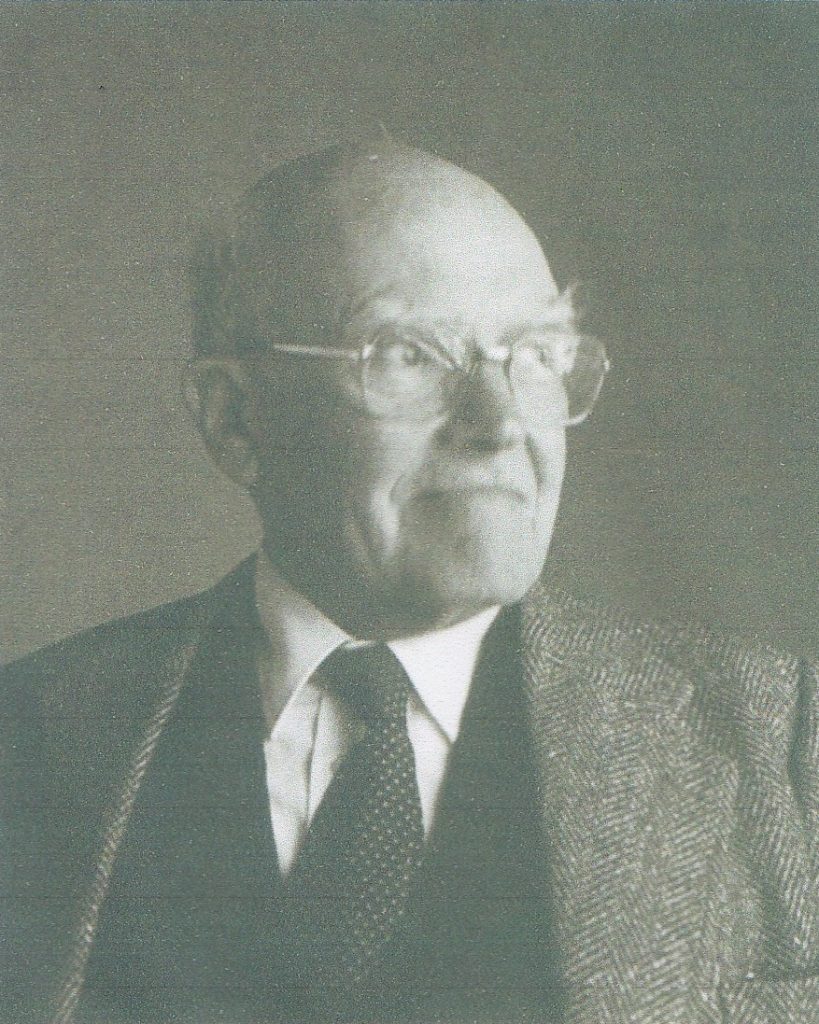
Eladio Dieste (December 1, 1917 – July 29, 2000) was born in Artigas Department, Uruguay. He was an engineer that not only helped design many incredible buildings for Uruguay but also relied on local materals and he revolutionized the use of bricks and ceramics in building design. He received his Engineering Degree in 1943 from the […]
Endometrial Cancer in Black Women
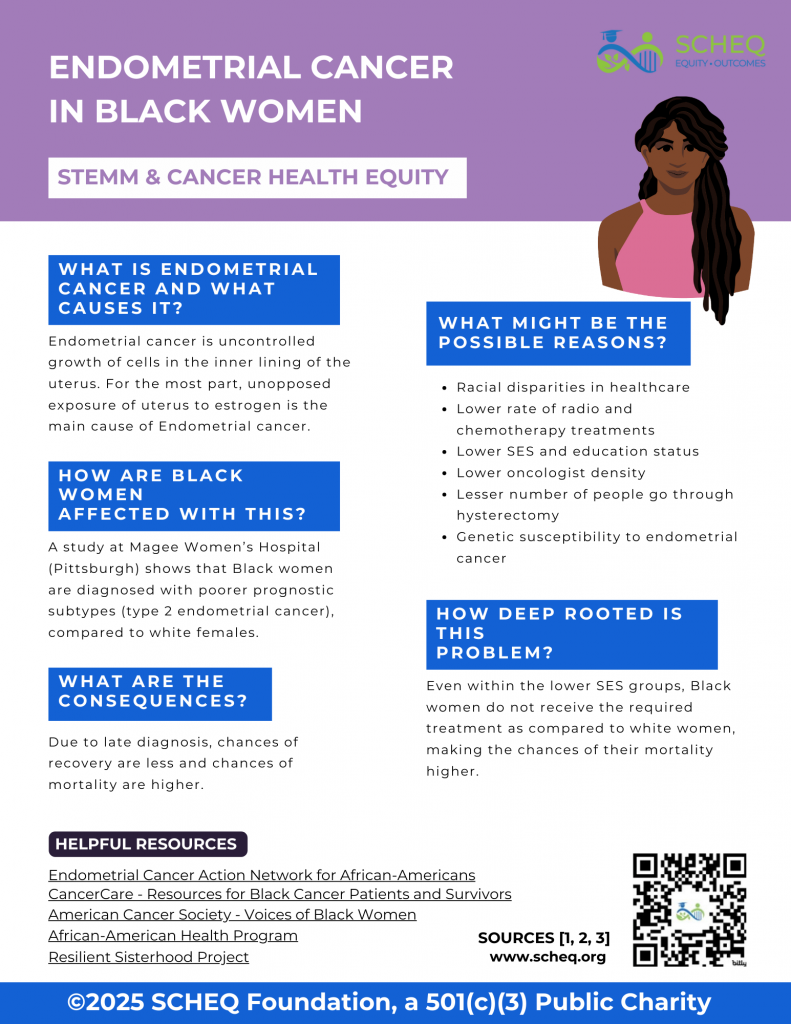
This infographic from the SCHEQ Foundation explores endometrial cancer in Black women, highlighting causes, health disparities, and risk factors. It explains how racial inequities in healthcare, lower access to treatments, and genetic susceptibility contribute to poorer outcomes. The resource emphasizes the higher mortality risk from delayed diagnoses and provides helpful links for support and advocacy.
Luis Walter Alvarez, PhD
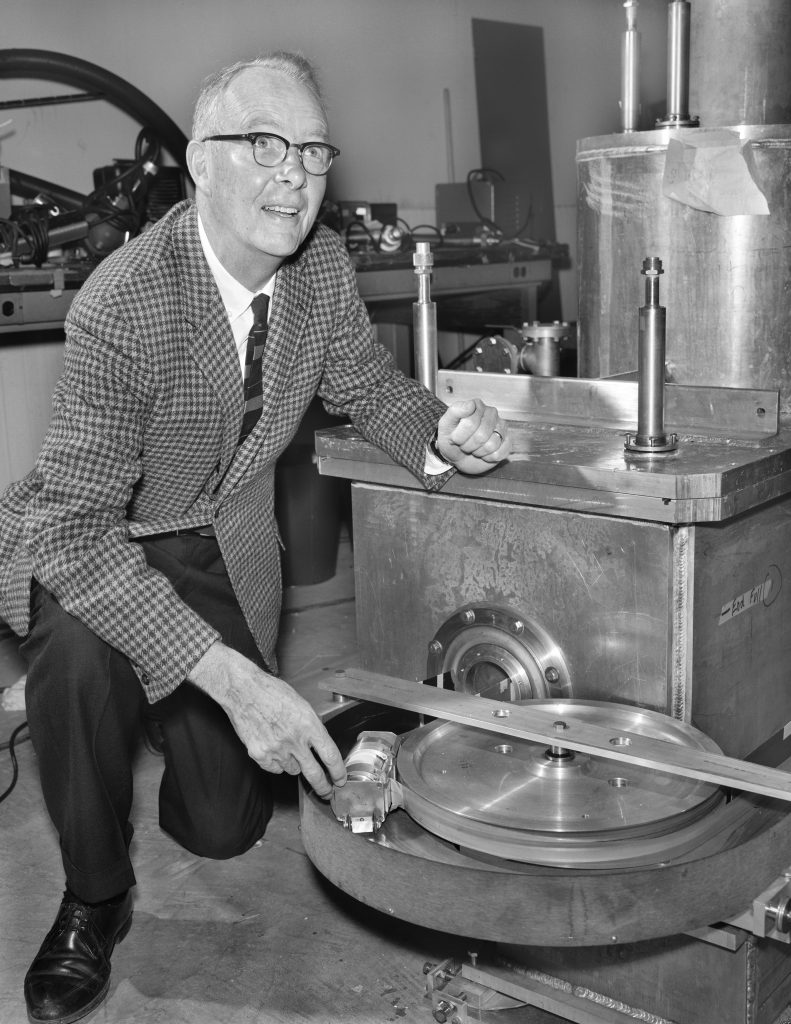
Luis Walter Alvarez (June 13, 1911 – September 1, 1988) was a physicist, inventor and professor born in San Francisco. He was awarded the Nobel Prize in Physics in 1968 for his discovery of a particle’s resonance states. He completed his entire education at the University of Chicago, earning his BS (1932), MS (1934), and […]
